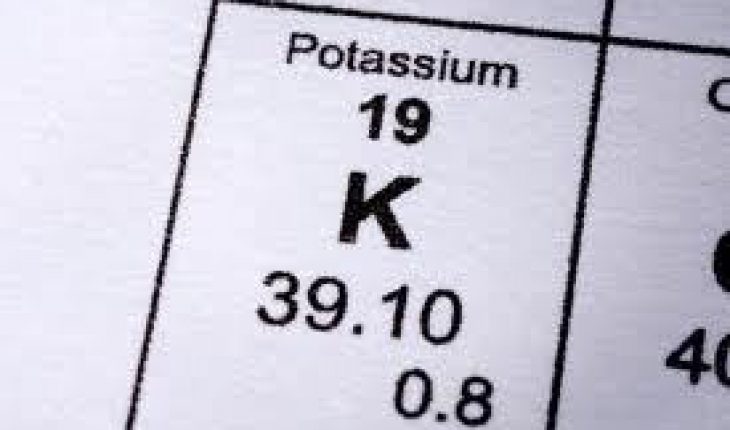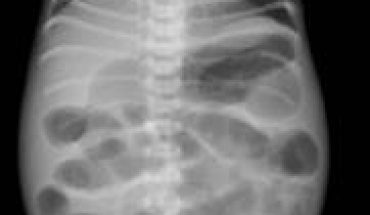Hypokalemia or potassium deficiency is a state where potassium is inadequate or is not being correctly used in the body. Positive ions or electrically charged particles are formed by the mineral potassium. It is an important part of cellular fluids. The preservation of potassium in cells of the body depends on the upkeep of decent ratios with sodium and calcium. Heart rhythm, the responsiveness of nerve and muscle maintained at normal levels, among other functions underscores the significance of potassium in the body. Of the total potassium obtained from food by the body about eight percent is kept and the remaining portion is excreted.
Problems associated with potassium deficiency do not necessarily come about because of bad nutrition. It may however come about in poor areas in which malnutrition is commonplace. In cases of extreme diarrhea where potassium is excreted from the body quickly, diabetes, and the sustained use of cortisone medications, a deficiency may occur. The absence of potassium is understood to increase the severity of the impact of the depletion of sodium from the body. This is typified by loss of sufficient potassium in the tissues as well as the blood. The potassium in this condition has not exited the body instead it has moved from the fluid into the body cells.
Symptoms of Potassium Deficiency
Potassium deficiency could span from a harmless stage to a stage of severity. Some individuals in the harmless stage might not have any symptoms. Nonetheless some common symptoms are: fatigue, persons may also end up with problems of weakness of muscles. Another symptom could be problems with the skin, such as excessive dryness, eruptions, blistering and so on. The digestive system can also experience problems related to potassium deficiency and result in hypertension, breakdown of the nervous system, constipation, depression and sleep related problems. In other instances persons might have a ringing in their ear. There could also be a problem with a person’s memory such as short term memory loss or difficulty remembering things. The problem may even extend further with a deterioration of the heart.
Treating Potassium Deficiency
Potassium deficiency is usually treated by addressing the symptoms that people who are deficient experience. In that case if someone is experiencing constipation or diarrhea, they will be treated for those problems to prevent or control the loss of potassium. A doctor may also provide medication to enhance the levels of potassium in the body.
A person who is deficient in potassium may be required to eat a balanced diet for a number of days. This is to increase their health regarding potassium levels and facilitate its function in metabolism.
To prevent yourself from experiencing potassium deficiency you should take care in choosing the contents of your diet. Try to maintain a balanced diet and include foods that are rich in potassium such as beans, watermelon, bananas, potato, orange, tomato, some kinds of cereal, dried fruits like peaches, raisins, grapes, meat, spinach, egg-yogurt, milk and so on. This will regulate potassium in the body.





